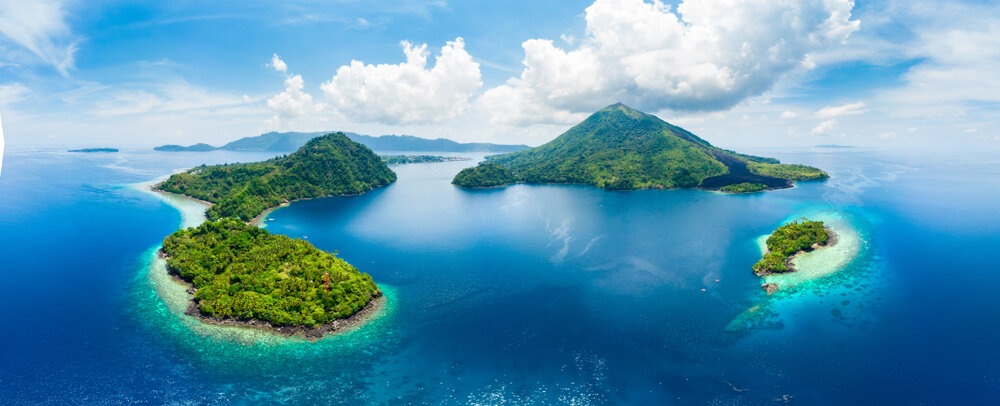
As our oceans face mounting threats like climate change, unsustainable fishing and pollution, innovative nonprofits and funders are on the move.
Inside Philanthropy
Julia Travers
February 26, 2020
As our oceans face mounting threats like climate change, unsustainable fishing and pollution, innovative nonprofits and funders are on the move. Recently, we’ve checked in with some heavily invested marine foundations like Bloomberg Philanthropies and the Waitt Foundation. Marine planning and the creation of marine protected areas (MPAs) in countries around the world has emerged as a popular strategy. Margaret A. Cargill Philanthropies (MACP), one of the largest grantmaking entities in the U.S., also funds marine issues, including MPA development.
A Layered Funding Stream
MACP consists of two foundations: the Margaret A. Cargill Foundation (MACF) and the Anne Ray Foundation (ARF). ARF only funds a predetermined set of grantees, while MACF has an evolving grantmaking program (though it doesn’t accept unsolicited requests). The two entities combined hold about $6.8 billion. MACP gave away more than $275 million in 2018. This included close to $47 million for its environmental programs.
MACP’s marine funding falls within the coastal ecosystem branch of its environmental giving, to which it devoted about $12 million in 2018. Both MACF and ARF support MACP’s coastal ecosystems work–ARF through its designated environmental domain grantee, the Nature Conservancy (TNC), and MACP to other grantees including Conservation International, Wildlife Conservation Society and World Wildlife Fund (WWF) and local community groups.
Here, we look at how MACP carries out marine-centric giving, and also at a funding collaborative it’s part of that has spent tens of millions on marine conservation in Indonesia. While not a focus of the story, MACP also carries out funding around the world to protect freshwater ecosystems, to which it dedicated about $7 million in 2018.
MACP’s Marine Funding in Indonesia and Beyond
Marine planning helps communities create ocean use strategies that are ecologically, culturally and economically sound. These plans divide an area of ocean into different zones for different activities. Some zones can return to a natural state (these are the marine protected areas, or MPAs), while others are used for fishing or tourism.
Read the full article at Inside Philanthropy.

